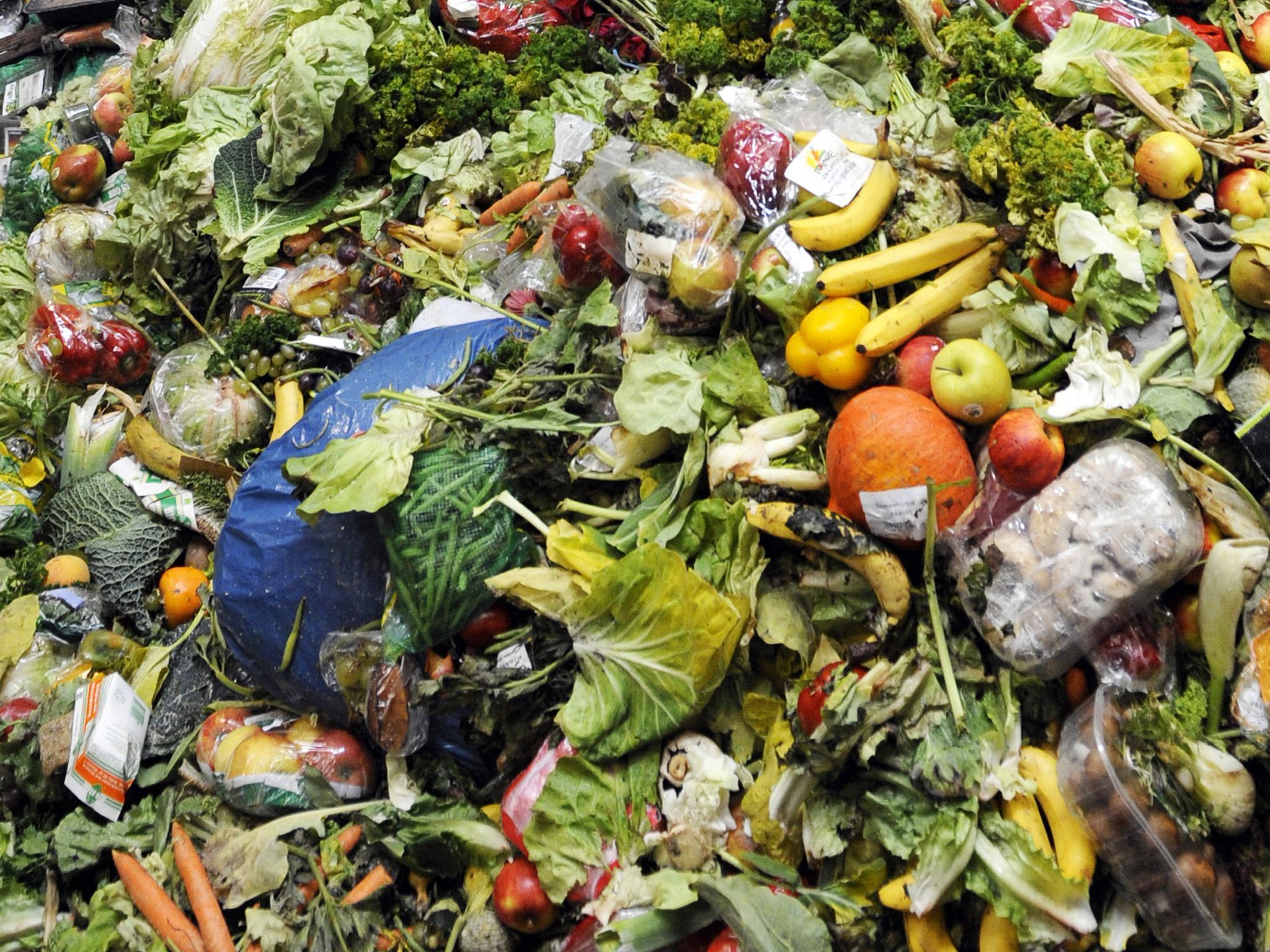Instagram-loving millennials are fuelling UK's 7 million tonne food waste mountain
Time-constrained millennials are the most likely to try unusual recipes with exotic ingredients that are harder to reuse

A generation divided in attitudes towards food is fuelling the UK’s 7 million tonne food waste mountain as new research reveals that time-constrained millennials focus on appearance, taste and variety while throwing away too much.
When it comes to the value attached to cooking, eating and ‘know-how’ in the kitchen, a new study of more than 5,000 people conducted by Sainsbury’s, shows that those aged between 18 and 34 “live to eat”, which suggests that to them food is more about pleasure than necessity -- leading to higher shopping bills and more food waste.
Nearly two-fifths, or around 40 per cent, of those aged over 65 say they never waste food, compared with just 17 per cent of those under 35, the research found. Older consumers, familiar with post-war rationing, are more likely to “eat to live” with lower grocery bills and reduced waste.
Instragram-savvy millennials, those born from the early 1980s to the mid-1990s, are the most likely to try unusual recipes with exotic ingredients that are harder to reuse. This is compared to just 32 per cent of the over 55s, according to the survey.
Younger shoppers also fail to plan ahead, with 20 per cent of those aged under 35 admitting to wasting the most food after a big food shop.
Commenting on the survey, Dr Polly Russell, food historian and broadcaster, said a post-war increase in household food waste is due to changes in how we value choice, time and money in relation to food.
She said: “Most people today, particularly younger generations, demand variety when it comes to food. As a result we’ve gained a broader and more exciting diet.
“However, with a menu which changes often, it is more challenging to control waste and plan ahead. Moreover, with increased working hours and busy lifestyles, people these days are less likely than previous generations to spend the time required to properly manage food supplies and use up leftovers, to minimise waste.”
The latest statistics from the Waste and Resources Action Programme show that efforts to combat food waste in homes across UK have stalled in recent years, with 7.3 million tonnes thrown away in 2015 – an increase on the 7 million recorded in 2012.
Join our commenting forum
Join thought-provoking conversations, follow other Independent readers and see their replies
Comments